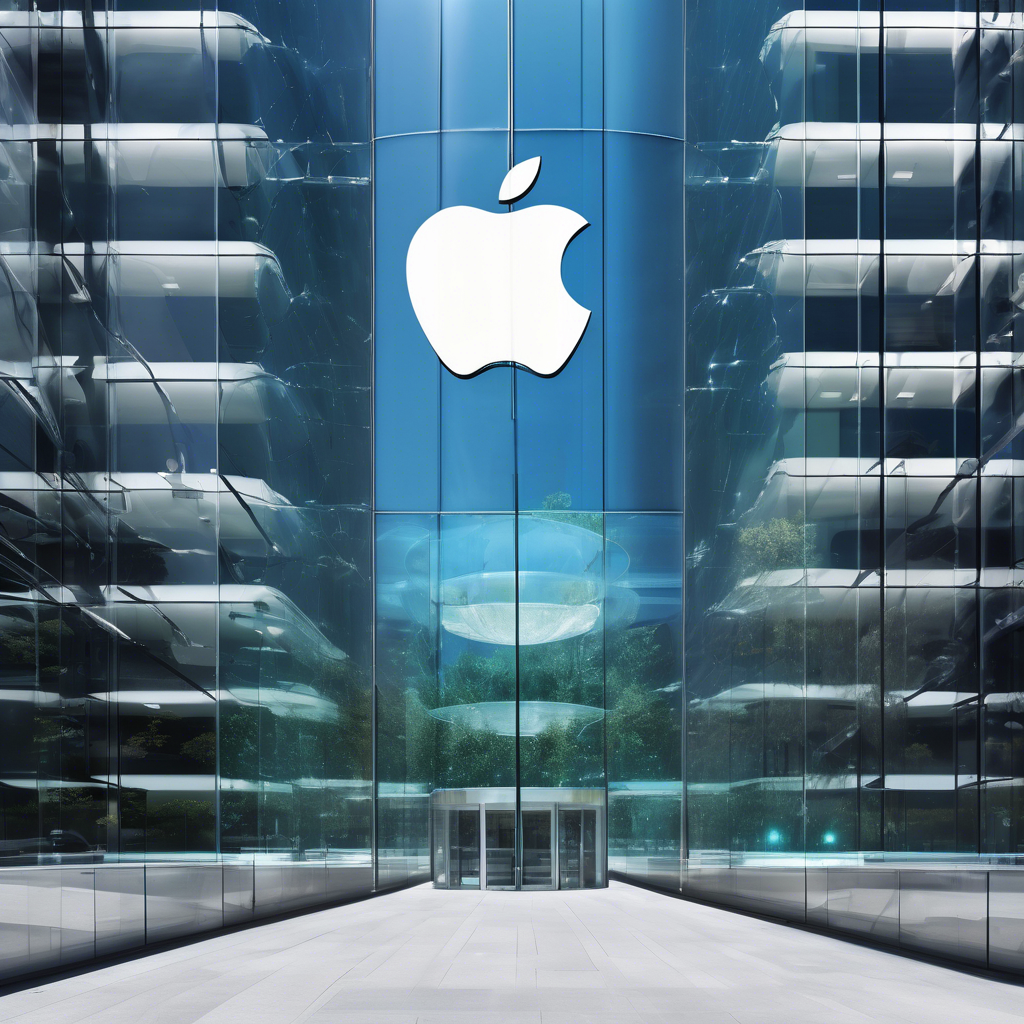Apple Faces Lawsuit Over Alleged Misleading Marketing of iPhone Features

Apple Faces Lawsuit Over Alleged Misleading Marketing of iPhone Features In a recent development attracting considerable attention from both the tech community and consumers, Apple Inc. is now at the center of a lawsuit accusing the company of deceptive marketing practices related to its iconic iPhone product line. The legal claim asserts that Apple’s promotional campaigns set consumer expectations for certain features that were, in fact, unavailable when the iPhone was initially released. The lawsuit emphasizes a key challenge faced by many technology firms: balancing innovative marketing with accurate and transparent communication about product capabilities. According to the complaint, Apple’s advertisements and marketing materials implied the presence of features that consumers believed would be part of the initial iPhone launch, only to later find those features either missing or not fully operational. This gap between expectation and reality has led to allegations that Apple engaged in misleading conduct, resulting in customer dissatisfaction and a breach of trust. The plaintiffs argue these marketing tactics misled consumers and influenced their purchasing decisions, potentially causing financial harm due to the difference between the advertised features and the actual product. Industry experts note that while teasing forthcoming features or planned improvements is common in the tech industry, the line is crossed when marketing suggests that functionalities are immediately available upon release when they are not. The case against Apple brings attention to the critical need for clear and honest communication in advertising, especially for highly anticipated and heavily scrutinized products like the iPhone. Apple’s response to the lawsuit has been closely observed. The company issued a statement reaffirming its commitment to transparency and customer satisfaction, emphasizing that the iPhone has consistently met or exceeded industry standards in innovation and functionality. It also stated that marketing materials were intended to depict features available at launch or very shortly thereafter. The legal process is expected to focus closely on specific advertisements and marketing content, analyzing the language used and the context in which certain features were presented to consumers.
Both sides will likely review internal documents and communications to assess the intent behind Apple’s marketing strategies. This lawsuit comes at a time of growing consumer awareness and advocacy for truthful marketing practices. Today’s customers are more informed and have access to extensive information, increasing the importance of corporate accountability. The case could establish a precedent for how technology companies market their products in the future, potentially resulting in stricter advertising guidelines and regulations. Furthermore, the lawsuit highlights the changing relationship between tech companies and their customers. Transparency, honesty, and accurate information have become essential expectations that affect brand reputation and consumer loyalty. As innovation progresses rapidly, companies must balance the excitement of unveiling new features with the obligation to provide clear, honest descriptions of what buyers can realistically expect at the time of purchase. In conclusion, the lawsuit against Apple underscores significant marketing challenges within the technology sector. It serves as a reminder of the vital role of integrity in advertising and the potential repercussions when customer expectations are unmet. As this case develops, it will be closely followed by industry participants, legal experts, and consumers, all attentive to how it may influence the future of product marketing and corporate responsibility.
Brief news summary
Apple Inc. is facing a lawsuit alleging misleading marketing of iPhone features. The complaint argues that Apple’s promotional campaigns created consumer expectations for functionalities not available at the phone’s initial release, leading to claims of deceptive advertising, customer dissatisfaction, and financial harm. This case highlights the tension between innovative marketing and honest communication. Industry experts acknowledge that tech companies often hint at upcoming features, but misleading consumers about immediate availability is problematic. Apple asserts that its marketing accurately reflected features available at launch or soon after. Legal proceedings will review specific advertisements and internal documents to assess intent. The lawsuit underscores growing consumer demand for truthful marketing and may impact future regulations in tech advertising, emphasizing the importance of honesty to maintain brand trust and customer loyalty in a rapidly evolving market.
AI-powered Lead Generation in Social Media
and Search Engines
Let AI take control and automatically generate leads for you!

I'm your Content Manager, ready to handle your first test assignment
Learn how AI can help your business.
Let’s talk!

Ending Food Lies: Blockchain Could Revolutionize …
An increasing number of experts warn that food fraud quietly siphons off up to $50 billion annually from the global food industry, posing serious health risks to consumers as well.

Anthropic CEO Criticizes Proposed 10-Year Ban on …
In a recent New York Times op-ed, Dario Amodei, CEO of Anthropic, voiced concerns about a Republican-backed proposal to impose a decade-long ban on state-level AI regulation.

Consultant Faces Trial Over AI-Generated Robocall…
Steven Kramer’s trial in New Hampshire has attracted considerable attention amid rising concerns about artificial intelligence’s (AI) role in political processes.

From clay tablets to crypto: Rethinking money in …
If money isn’t coins, bills, or even cryptocurrencies, then what truly defines it? This question lies at the core of this week’s episode of The Clear Crypto Podcast, where hosts Nathan Jeffay (StarkWare) and Adrian Blust (Tonal Media) interview Bill Maurer, dean of the UC Irvine School of Social Sciences and a prominent anthropologist specializing in finance.

New York Times Reaches AI Licensing Deal with Ama…
The New York Times has entered into a multiyear licensing agreement with Amazon, marking a major milestone as the newspaper's first deal of this kind with an artificial intelligence company.

A blockchain based deep learning framework for a …
E-learning has undergone a significant transformation, especially highlighted during crises like the COVID-19 pandemic, when it became essential globally.

AI in Healthcare: Enhancing Diagnostic Accuracy w…
Machine learning algorithms are transforming healthcare by greatly improving diagnostic accuracy.

 Auto-Filling SEO Website as a Gift
Auto-Filling SEO Website as a Gift








 Auto-Filling SEO Website as a Gift
Auto-Filling SEO Website as a Gift

